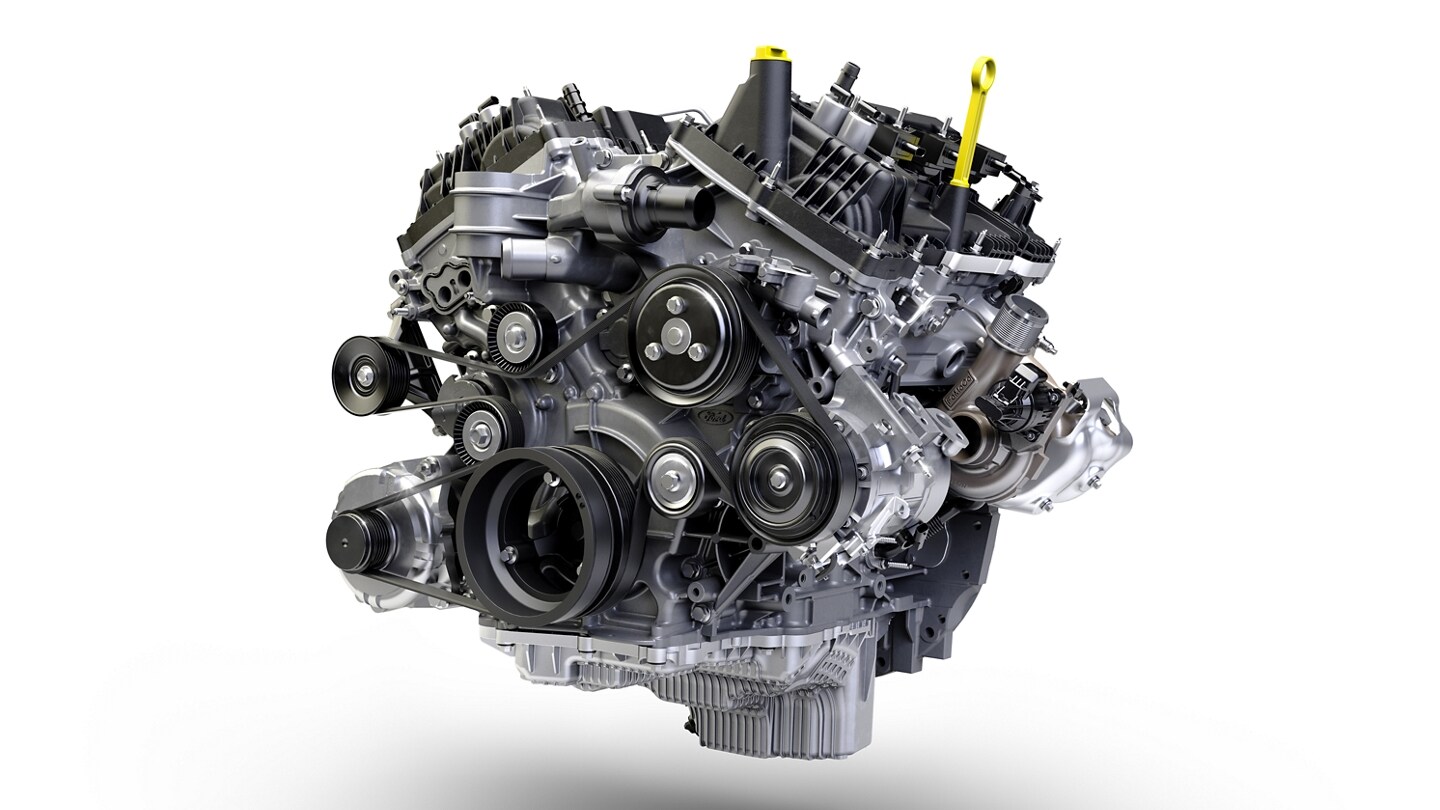How the 2.2 Ford Ranger Engine Delivers Power and Efficiency for Your Truck
How the 2.2 Ford Ranger Engine Delivers Power and Efficiency for Your Truck
Blog Article
What Makes a Car Engine Run Smoothly: Leading Tips for Ideal Treatment
The smooth procedure of an auto engine is basic to both performance and durability, making optimal treatment a crucial responsibility for vehicle owners. What particular steps should you focus on to ensure your engine remains in peak condition?
Normal Oil Adjustments
Among one of the most important elements of vehicle upkeep is guaranteeing your engine obtains normal oil modifications. Engine oil lubricates inner components, lowers rubbing, and aids maintain optimal operating temperatures. Over time, oil degrades as a result of heat, pollutants, and the natural byproducts of combustion, causing lowered performance and potential engine damage.
The majority of manufacturers suggest altering the oil every 5,000 to 7,500 miles, but this period can differ based on driving problems and oil kind. Artificial oils may allow for longer intervals in between adjustments. Normal oil modifications not just improve engine efficiency however likewise improve fuel effectiveness, as clean oil promotes smoother procedure.
Disregarding oil changes can lead to sludge build-up, which harms circulation and can lead to extreme engine issues. It is important to check oil degrees on a regular basis and monitor for any kind of uncommon adjustments in shade or consistency, which can indicate contamination or deterioration.

Preserving Coolant Degrees
Preserving proper coolant degrees is essential for stopping engine getting too hot and ensuring ideal efficiency. The coolant, typically a blend of water and antifreeze, flows through the engine, soaking up warm and preventing thermal tension. Not enough coolant can result in boosted engine temperature levels, which might trigger extreme damages and even total engine failure.
To keep optimum coolant levels, consistently inspect the coolant tank, normally located in the engine bay. Make sure the coolant is filled up to the recommended mark, as suggested in your automobile's owner guidebook. It is suggested to examine the levels at least when a month or eventually trips, specifically during severe climate conditions.
If you see that the coolant level is continually low, there might be a leak in the air conditioning system, which should be attended to without delay to avoid more problems. 2.2 ford ranger engine. Additionally, flushing the coolant system every 2 to 3 years can aid remove any kind of collected debris and make sure effective warmth exchange
Checking Air Filters

It is advised to inspect the air filter every 12,000 to 15,000 miles, or much more regularly if driving in adverse or messy conditions. A simple visual assessment can usually disclose whether the filter is dirty or damaged. If the filter shows up stained or has visible dust accumulation, it needs to be changed immediately.
Making use of a premium air filter developed for your details check this vehicle design can further improve engine performance. In addition, some vehicles may take advantage of reusable filters that can be cleaned up and re-installed, giving a eco pleasant and cost-effective option.
Inspecting Flicker Plugs
Spark plugs are essential components of an automobile's ignition system, directly impacting engine performance and efficiency. They produce the trigger that fires up the air-fuel combination in the combustion chamber, assisting in the engine's power generation. Regular examination of trigger plugs is go crucial for maintaining optimum engine feature and protecting against prospective concerns.
Throughout an evaluation, search for indicators of wear or damages, such as cracks, carbon buildup, or excessive gap widening. A healthy and balanced ignition system generally displays a light brown or tan shade. Dark soot or oil deposits can show incorrect combustion, while a white or raw appearance may suggest overheating. Both conditions call for prompt focus to stop additional engine damage.
It's recommended to check ignition system every 30,000 miles, or as advised in your lorry's proprietor guidebook. Furthermore, take into consideration changing them according to the maker's standards, as old or used ignition system can lead to misfires, lowered fuel performance, and raised discharges.
Surveillance Tire Stress
Under-inflated tires can lead to reduced gas effectiveness, increased tire wear, and endangered handling. Regular surveillance of tire pressure is crucial for optimum car operation.
Tire pressure must be checked at least when a month and soon journeys. Use a reputable tire pressure scale to determine the stress when the tires are chilly, preferably before the car has actually been driven for at the like this very least 3 hours. Describe the lorry's proprietor guidebook or the placard situated on the chauffeur's side door jamb for the manufacturer's suggested stress degrees.
It is crucial to keep in mind that tire stress can vary with modifications in temperature level; a decline of 10 ° F can lead to a 1-2 psi decline in pressure. In addition, aesthetically evaluate tires for any type of indications of wear or damages throughout your surveillance regimen. Keeping appropriate tire pressure not just improves vehicle safety however likewise enhances fuel efficiency and lengthens tire life, inevitably contributing to a smoother engine performance.
Verdict
In conclusion, preserving an automobile engine's smooth procedure requires thorough focus to several key elements. Regular oil modifications, appropriate coolant levels, tidy air filters, properly maintained spark plugs, and ideal tire pressure collectively add to improved performance and durability. Complying with these upkeep practices not just improves gas efficiency but likewise advertises a much safer driving experience. Ultimately, a positive approach to engine treatment is important for guaranteeing integrity and functionality with time. 2.2 ford ranger engine.
One of the most vital aspects of automobile upkeep is ensuring your engine gets regular oil changes. Engine oil lubes inner components, decreases rubbing, and helps keep optimal operating temperatures. Normal oil adjustments not only improve engine efficiency however likewise improve gas performance, as tidy oil promotes smoother operation.
Insufficient coolant can lead to enhanced engine temperatures, which may cause serious damages or even overall engine failing.
Report this page